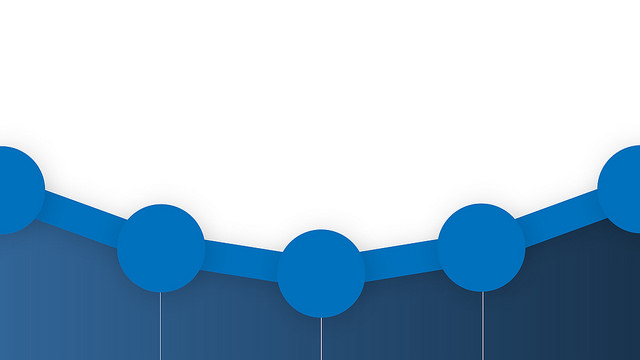This post has already been read 26016 times!

We’ve already covered the characteristics of pull system here. Today I want to talk about the effects of push and pull.
Push systems are particularly devastating to the retail industry. Retailers accept the massive inventory push from their suppliers to drive local improvements such as the following:
- Retailers choose long replenishment times in return for lower costs to facilitate the highest possible markups.
- In many retail environments, retailers do not expect replenishment within the season, so they accept everything they hope to sell in advance of each season.
- Retailers broaden their product selection to attract customers to compete with other shops that sell similar products.
- Retailers fear missing sales, and so, buy to optimistic forecasts.
- Retailers choose higher quantity discounts or buy large quantities opportunistically.
Consequently, nearly all retailers end up with much more inventory than they need to cover immediate consumption. In fact, as a result of the above choices and the lack of aggregated demand at the retail level, the biggest accumulation of inventory in a Push consumer goods supply chain resides at the retail node.
In a Pull system, using readily available point-of-sale (POS) data as inputs, shortages can be reduced by an order of magnitude due to the quick response nature of these flow systems.
- More product is always about to arrive, especially when inventories are low.
- Customers find what they need, when they need it, where they need it, and complete a purchase more often.
- Customer loyalty and upbeat word-of-mouth increase. Patrons are less likely to resort to a competitor.
- New sales are the result-sales that require no additional operating expense.
- The retailer’s replenishment staff are automated, and the people are redeployed managing exceptions (potential stock outs in the future).
If you want to learn more about this subject, I suggest you download and read the Push vs. Pull Tech Brief.
- Map of U.S. Trucking Spills in 2016 - January 13, 2017
- What is aPaaS? A Way to Supercharge Your App Development - December 12, 2016
- Future of Transportation: Goodyear’s Radical Smart Tire Concept - November 3, 2016
